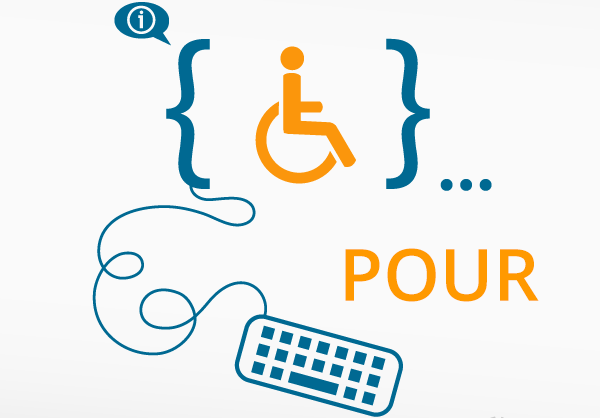
by Kim Keith | Strategy, Technology, UX Design
Improving your organization’s approach to web accessibility is essential in order to provide an inclusive environment for anyone who visits your site, including people with disabilities. In earlier posts, we discussed the definition and importance of web accessibility...

by Kim Keith | Strategy, Technology, UX Design
Now that you have a better understanding of POUR, you should start to learn what criteria it takes to pass each and have your website accessible. Like I said earlier, all things in our world have layers, some complicated, some not. Within POUR, each principle has a...

by Kim Keith | Strategy, Technology, UX Design
With so much of our lives taking place online anymore, web accessibility, or the ability of those with disabilities to access the web just as fully as those without disabilities, is becoming increasingly top of mind for businesses and organizations (and legally...

by Kim Keith | Strategy, Technology, UX Design
What is web accessibility and why should we be talking about it? Simply put, it means that people of all abilities (including those with disabilities) can use your website. Web accessibility ensures that all users, no matter who they are or what devices they use, have...

by Kim Keith | Strategy, Technology
As a nonprofit there are a lot of ways to market your organization. You have to think about who your target audience is and how you communicate your message to them. Whether you’re a small or large organization, including video content in your 2017 marketing plan is a...

by Kim Keith | Technology
Responsive design IS the web today. For nonprofits, using responsive design for your website is essential because you want to draw people in and engage with them, not make it so difficult to view your site that they never return. But there are several other important...







